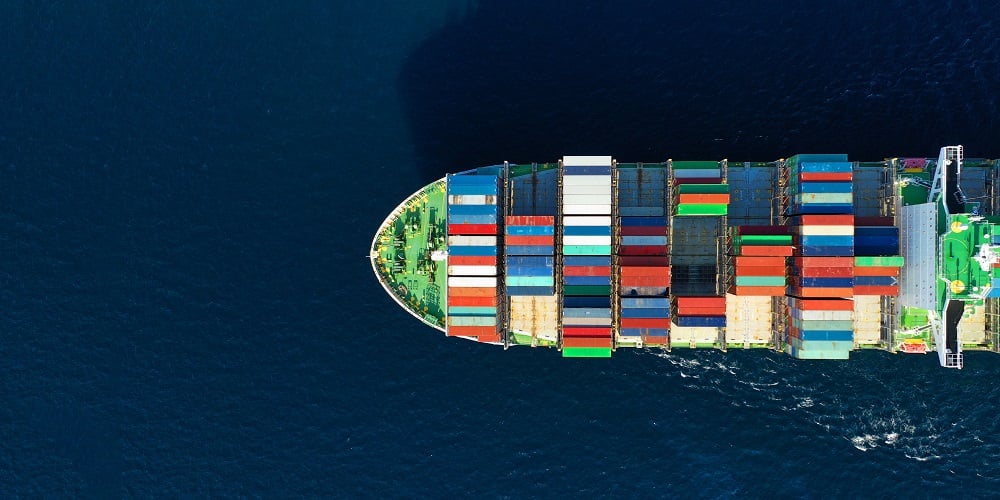Every international shipment involves multiple steps, costs, changes in ownership, and risks for both importers and exporters. Navigating these variables is a critical part of supply chain management, which includes managing risk and insurance. If it is uncertain which party is contracting transportation or providing cargo insurance, for instance, a shipment could be delayed, damaged, or lost without a clear indication of responsibility.
Thankfully, there are standard terms that clarify the roles and responsibilities, called Incoterms®, which are maintained by the International Chamber of Commerce (ICC) and adopted across the globe. While there are 11 various Incoterms, some are more common than others. Below is a brief description of 5 of the most common Incoterms:
EXW (ExWorks)
The EXW term carries the most responsibility for the buyer of the goods. The seller is only responsible for having the goods packed and made available at the seller’s premises. The buyer bears the full responsibility of risk and cost from there to the destination, including the loading of the cargo. This includes contracting and paying for all transportation and, although not a requirement, obtaining cargo insurance against damage or loss.
DDP (Delivery Duty Paid)
Nearly the opposite of EXW, the DDP term carries the most responsibility for the seller of the goods. The seller delivers the goods to the agreed place at destination while assuming all costs, including import formalities, duties, and risk until the goods are ready for unloading at the named place at destination.
FOB (Free on Board)
FOB is a common Incoterm used for ocean shipments only. With FOB, the seller is responsible for delivery of the goods loaded on board the vessel at origin. At that point, the risk and cost are transferred to the buyer, which means ocean freight and cargo insurance (if purchased) would be paid by the buyer.
CIF (Cost, Insurance, Freight)
Another common Incoterm used for ocean shipments is CIF. The seller covers the cost of cargo insurance and freight to the named port of destination or place. Risk is transferred as soon as the goods have been loaded onboard the vessel. The seller is required to obtain minimum insurance coverage complying with Institute Cargo Clauses (C) in the buyer’s name.
DAP (Delivered at Place)
DAP is similar to DDP, whereas a majority of the responsibility and risk falls on the seller. With DAP, the seller delivers the goods to the agreed place at destination, although import clearance and duty is not included. The seller assumes all cost and risk, other than import clearance and duty, until the goods are ready for unloading at named place at destination.
Choosing the right Incoterm is a critical step when negotiating contracts between buyer and seller. Not only does the Incoterm determine who arranges the transportation and how far the shipment will go, it also determines who is at risk for the shipment in the event of damage or loss. If you need assistance with reviewing your supply chain risk, contact ECIB, and we’d be happy to help make sure you are covered.


.png?width=6181&height=1578&name=ECIB-logo%20(1).png)
